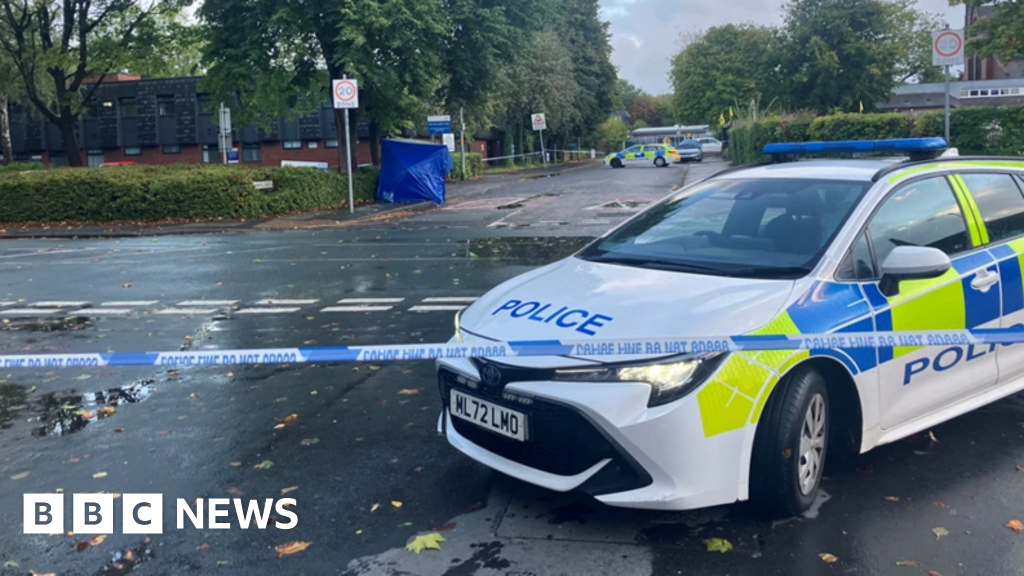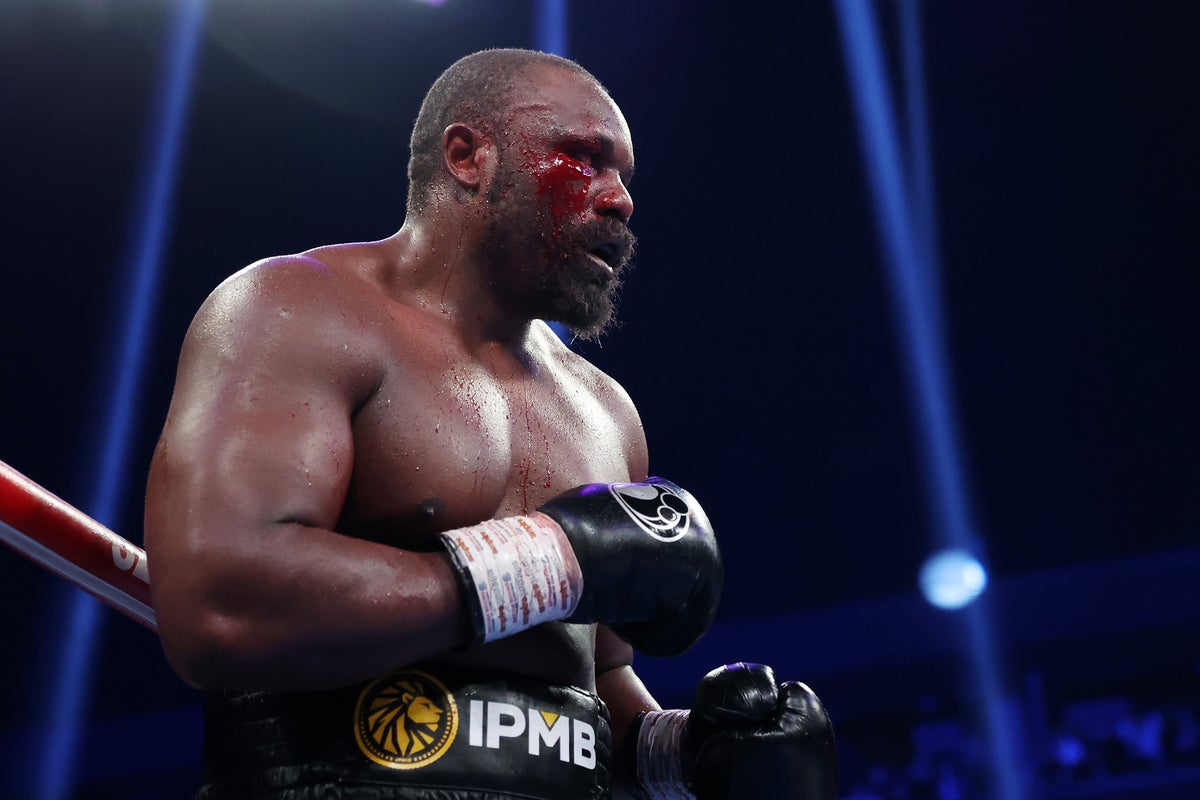The juxtaposition said so much. This morning, a United Nations commission of inquiry released a 72-page report concluding that Israel is committing genocide in Gaza.
Marking the first time a UN body has ever reached that conclusion, it is “the strongest and most authoritative UN finding to date”, its authors said.
As the press conference to launch the findings was underway, my phone started buzzing. The director of Shifa hospital in Gaza City was sending a slew of messages.
Israel had launched a massive bombing raid overnight to herald the start of Benjamin Netanyahu’s deeply controversial forced evacuation of the Gaza Strip.
Under that bombardment, Shifa chief Dr Mohammed Abu Salmiya, was describing to me the catastrophic situation inside his wards.
“The bombing didn’t stop for a single moment. My medical teams are exhausted and worn out,” he said, sending me a photos of wounded children lying on the floor of a hospital corridor.
“There are cases of amputation. We don’t have anaesthesia,” he added with desperation.
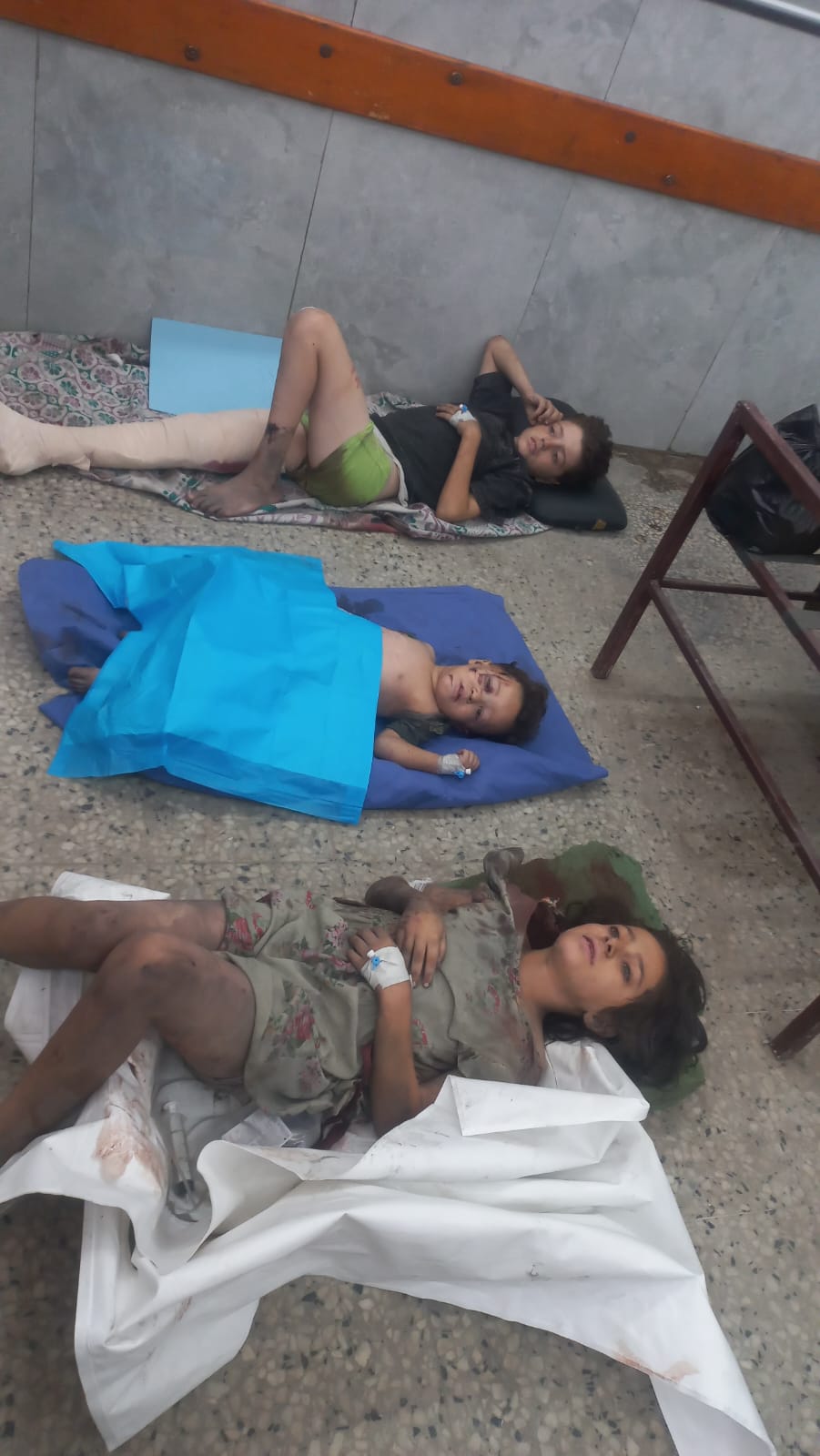
After weeks of forced evacuation orders and bombastic statements by the Israeli prime minister, Israeli forces launched its operation into the most populous city in the besieged Strip.
The divisive plan was even opposed by top members of Netanyahu’s own security apparatus. Many of the families of the remaining 48 hostages and captives held by Hamas militants in Gaza have said it will be a death sentence for their loved ones, as they begin a sit-in outside Netanyahu’s home.
In a chilling parallel – just as I was processing the horrific images Dr Abu Salmiya sent me – Chris Sidoti, one of the three members of the United Nations Independent International Commission of Inquiry that penned Tuesday’s report, took to the floor.
“We are told that the number of children that have had one or both legs or arms amputated is greater than any conflict this century,” Sidoti, an Australian human rights lawyer, said as he discussed some of the 16,000 pieces of evidence looked at during the two-year-long investigation.
He wasn’t describing something that had happened. He was describing something that Dr Abu Salmiya’s teams were dealing with at that very moment.
And so, as this war unfurls in real time, broadcast live on TV, Sidoti and the commission chair, Navi Pillay, a South-African jurist and former UN High Commission for Human Rights, warned that UN member states, like the UK, should act now – and could face legal consequences if they fail to do so.
In essence, the report found that since October 2023, Israel has committed four of the five genocidal acts defined by the 1948 Genocide Convention—more details on what those are here.
The Commission also concluded that Israeli president Isaac Herzog, Netanyahu, and then defence minister Yoav Gallant have incited the commission of genocide.
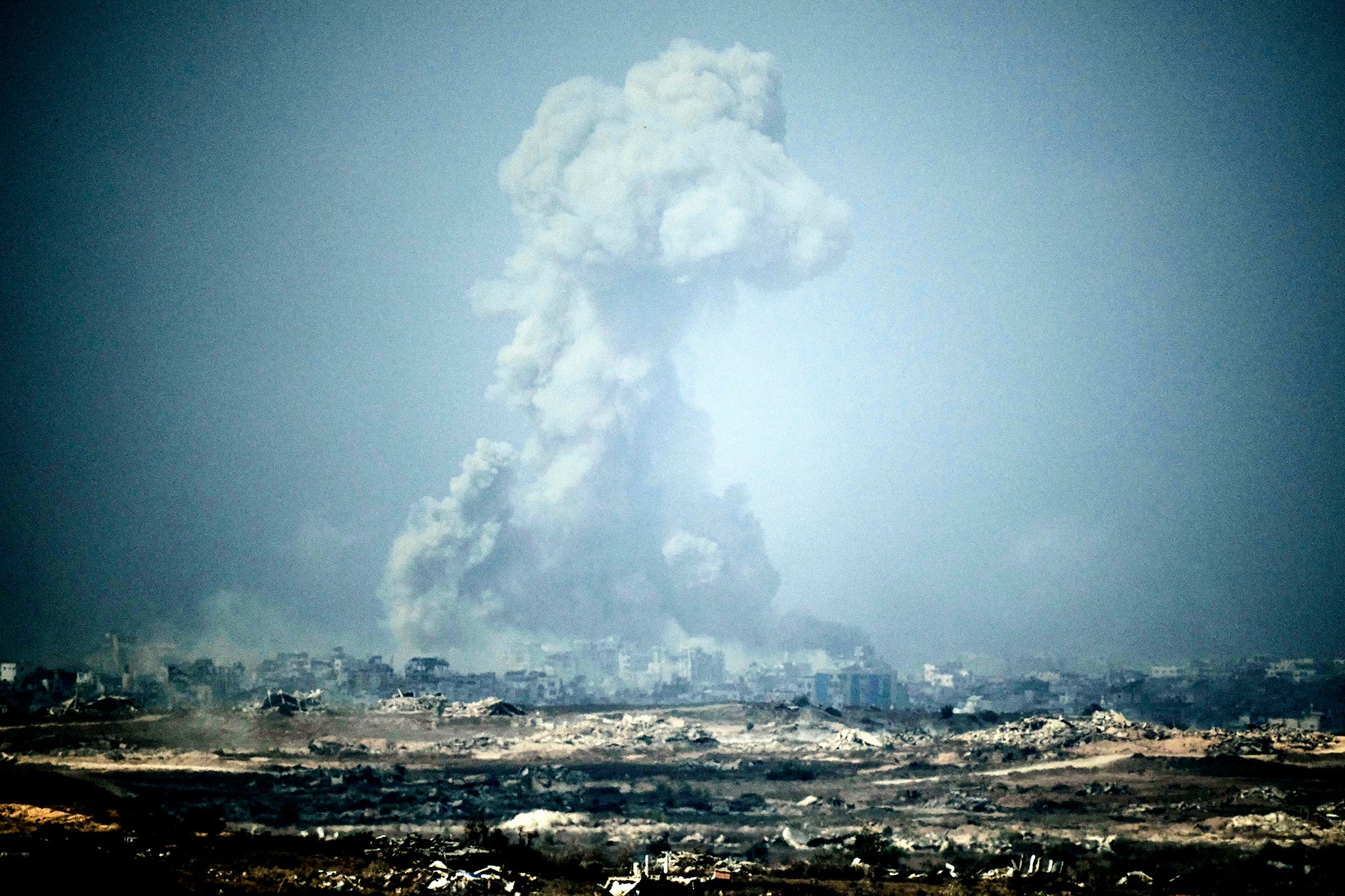
In response, Israel vehemently denies violating international law in Gaza or committing genocide.
The Israeli foreign ministry dismissed the UN findings as an “antisemitic … distorted and false report”, adding that Hamas’s 7 October 2023 heinous attack, which sparked this conflict, was itself “attempted genocide”. (It should be noted that this same UN commission had previously concluded Hamas is responsible for war crimes including intentionally directing attacks against civilians, murder and torture).
But today’s report on genocide is not an isolated opinion.
It comes on the heels of a probe published by the largest professional organisation of scholars studying genocide, which also concluded that Israel is committing genocide.
And it follows some of the world’s most respected international, Palestinian and Israeli organisations, including Amnesty International, B’Tselem, and Physicians for Human Rights–Israel, which published similar findings.
Given the gravity of the potential legal consequences for our country – particularly as an arms supplier to Israel – perhaps it is time for leaders to listen to this growing chorus of world experts.
Many Western countries, including the UK, have said that only a court can rule on whether genocide has been committed. A case against Israel is currently before the UN’s highest court, the International Court of Justice.
David Lammy, now deputy prime minister, said as much in a 1 September letter to the Foreign Affairs Select Committee, where he stated that the government concluded the genocidal intent wasn’t there and that the UK would wait for the ICJ.
But Navi Pillay, the head of the Commission, said that outcome could take years. Some legal experts I’ve spoken to have even told me it could take a decade for the ICJ to rule.
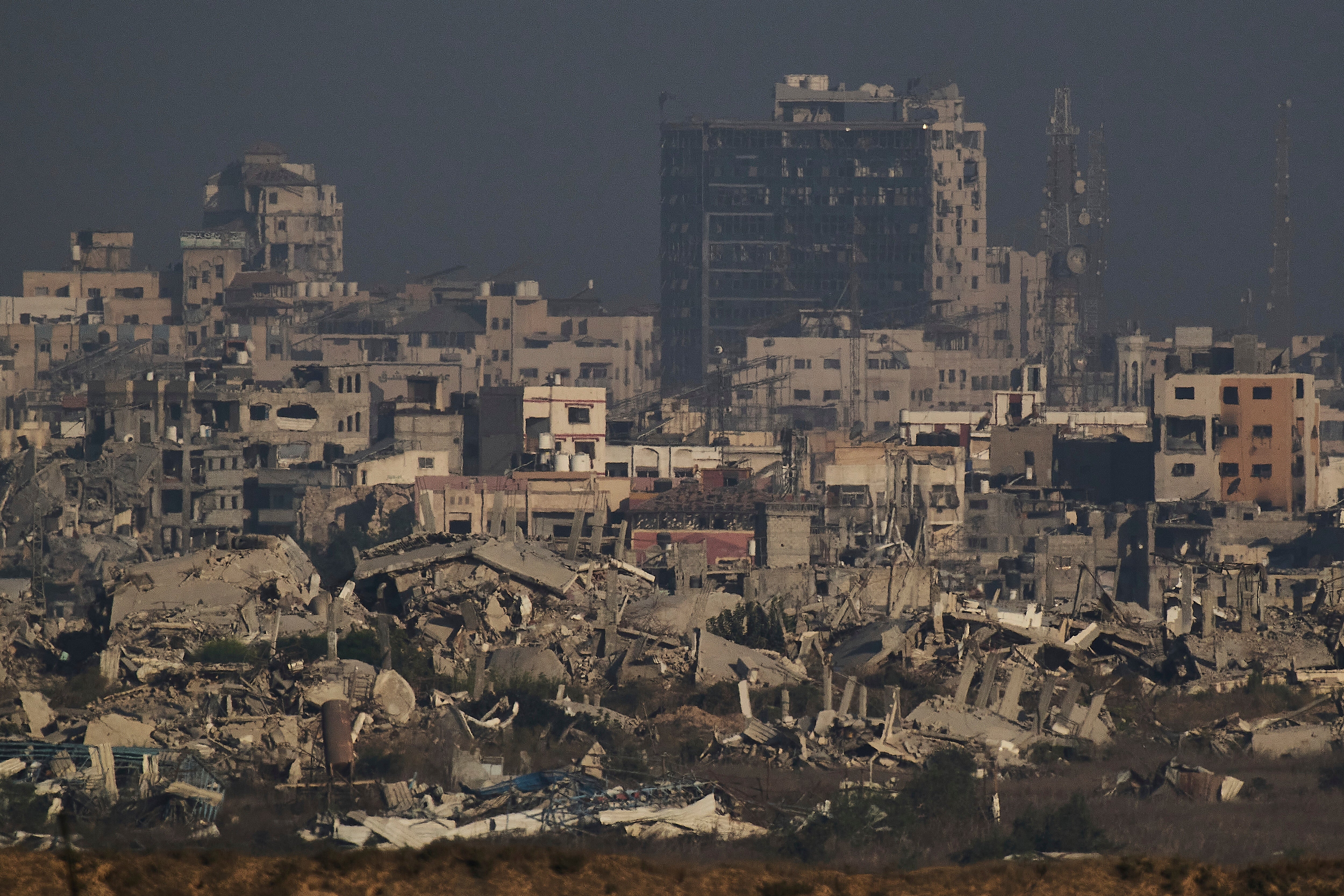
By which point, at this bloody rate, there won’t be much of Gaza – or its residents – left. Especially if you listen to the rhetoric of extreme-right Israeli ministers who have openly talked about the wholesale destruction of Gaza and the (forcible) displacement of its people.
Pillay spelled it out at the press conference: “The Genocide Convention imposes an obligation on states to prevent genocide.
“How will they do that if we all sit and wait for some court, if ever, to determine genocide has occurred?”
The report insists that states have an obligation to “employ all means reasonably available to them to prevent the commission of genocide”.
We are at a critical moment in history. And the UK doesn’t want to be on the wrong side of it.
We need to listen to the experts – before it’s too late.
